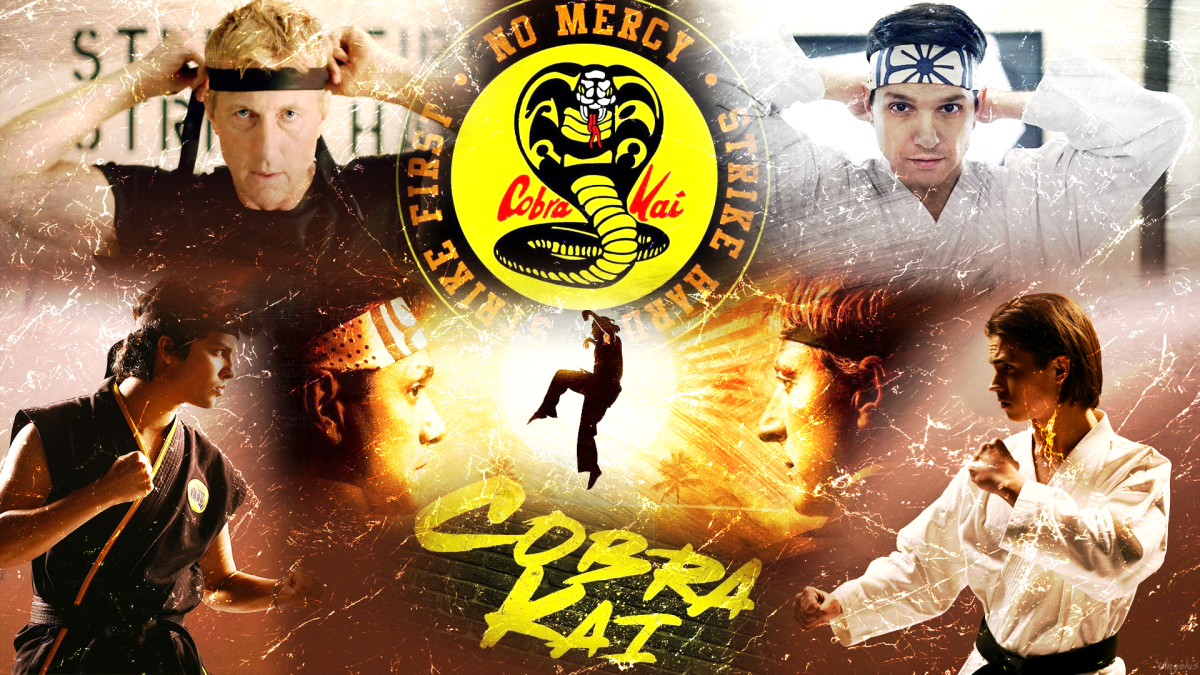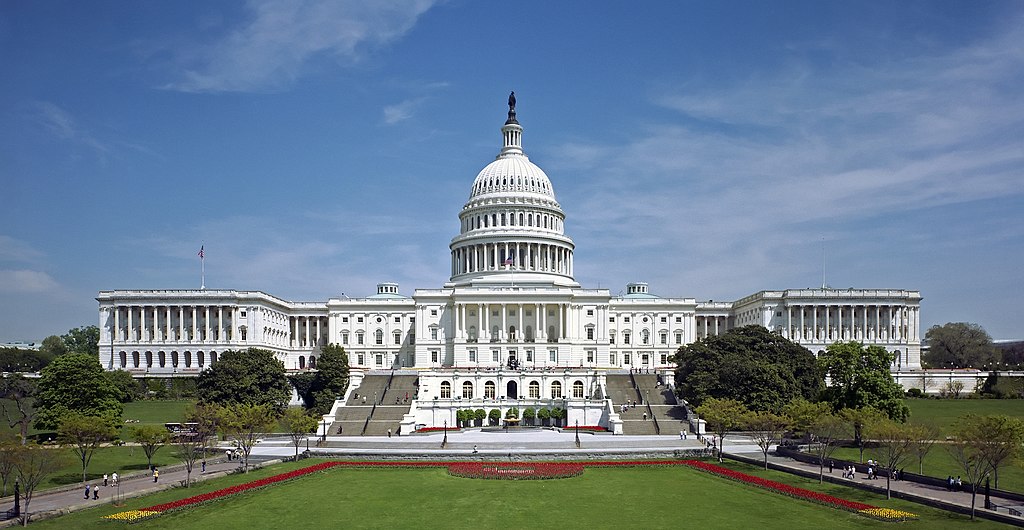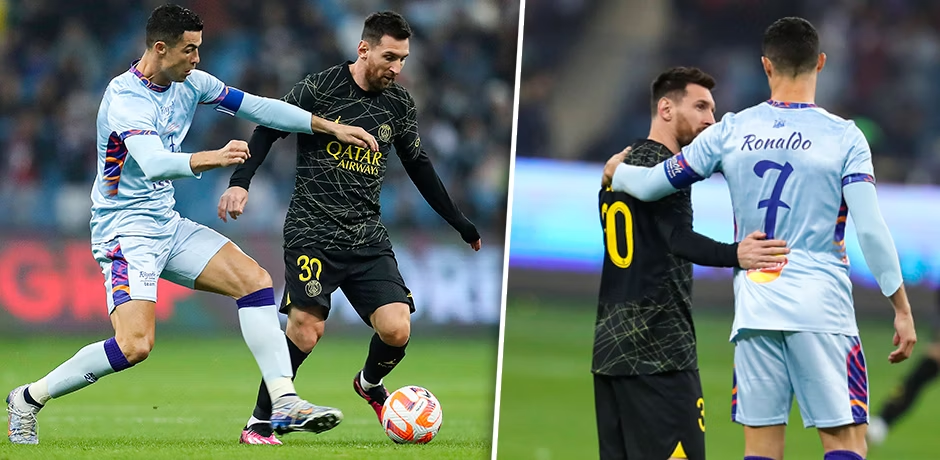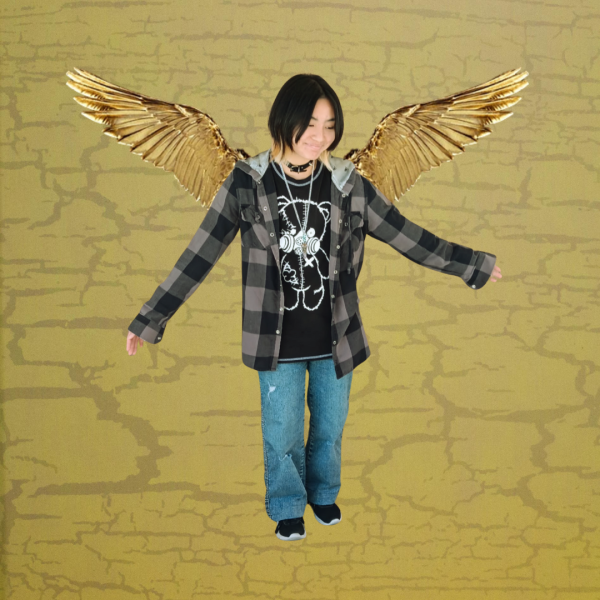The season finale of Cobra Kai aired last week, bringing the series to a breathtaking close.
Cobra Kai debuted in 2018, focusing on adult Johnny Lawrence after losing the 1984 All-Valley tournament. Johnny thought his karate days were over until he saw Miguel Diaz being picked on, and, after lots of coaxing, became Miguel’s Sensai. This led to the revival of Cobra Kai- reigniting old rivalries, unsolved baggage, and action-packed karate brawls.
Since it hit the screen, Cobra Kai has been filled with exciting plotlines and character arcs, allowing the characters to grow and evolve with the show. Season 6, part 3, brought Cobra Kai to a clean and satisfying ending. Although it wasn’t perfect, the season finale did not disappoint. With many callbacks to the original Karate Kid, the final episodes were nostalgic and heartfelt, bringing the franchise full circle.
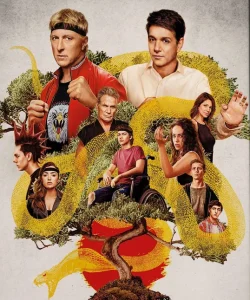
After the shocking tie during the Sekai Taikai, Johnny was forced to fight Sensei Wolf, the notorious leader of Iron Dragons. This fight is pivotal to the show’s conclusion, giving Johnny a shot at ultimate redemption. This time, Johnny goes in with a new perspective: He’s no longer fighting for glory or revenge, but to honor Cobra Kai’s legacy, as well as his family, which came to be because of karate. This brings the show back to its roots, restoring Cobra Kai’s reputation after being overrun by Creese and Silver in earlier seasons.
Although fans have praised season 6, it’s also received a fair share of criticism, especially regarding Robby’s injury, which eliminated him from the finals. Cinematically speaking, however, one could argue this was necessary for the show’s ending.
Miguel was Cobra Kai’s first student, so it makes sense for him to represent the dojo in the finale. It’s also worth noting that although Robby and Sam didn’t fight (Sam refused to fight so Tory could go against Zara), neither character was bitter about their “defeat.” This underscores that sometimes it isn’t about winning, but the journey itself and what you take away from it.
“By knowing how to handle defeat, Robby avoided repeating Johnny’s mistakes,” says Lewis Glazebrook, a long-time Cobra Kai fan.
Another criticism of this season is the pacing. Season 6 was divided into 3 parts (5 episodes each), which made it feel somewhat fragmented. The buildup to the Sekai Taikai could’ve been better, and a lot of the drama (especially between Daniel and Johnny, as well as Hawk and Demetri) felt old and overused.
“I dreaded Cobra Kai season 6 part 3. It wasn’t the show I loved, at least not anymore,” admits Alex Gherzo, who almost quit on the show after parts 1 and 2. Despite this initial skepticism, Alex said he did enjoy the final episodes, especially the ending. He elaborates, “The story comes full circle in the end… and not always in the ways you expect.”
During the last few episodes, there was a heavy focus on Johnny, Daniel, Miguel, Sam, Tori, and Robby. It would’ve been nice if the side characters were more involved, as they sort of got pushed to the side.
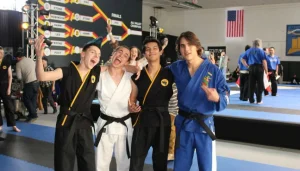
Despite its narrow focus, the emphasis on character relationships was incredibly wholesome. The romance between Sam and Miguel, as well as Robby and Tori, truly flourished in this episode. It was also refreshing to see Creese and Johnny make amends, although Creese’s death afterward was an interesting twist. Season 6 was packed with emotions, albeit sometimes TOO melodramatic and sappy.
But despite its flaws, Cobra Kai’s final gave a heartfelt end to the iconic series- it struck hard, struck first, and showed the audience no mercy.

